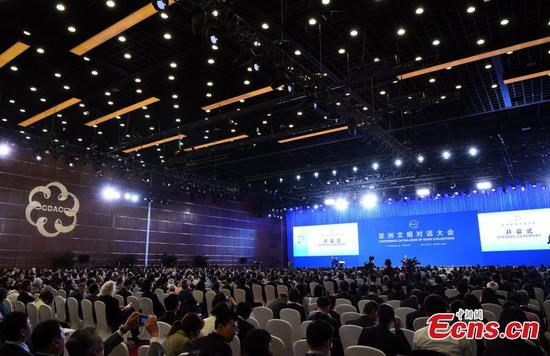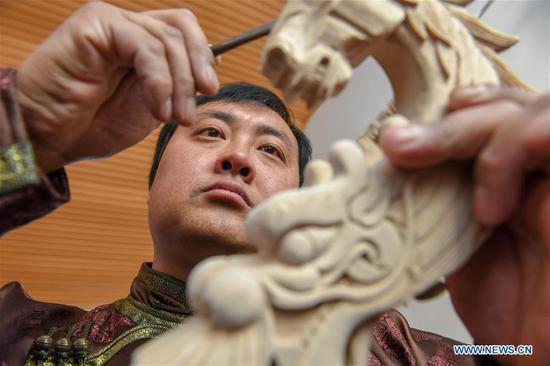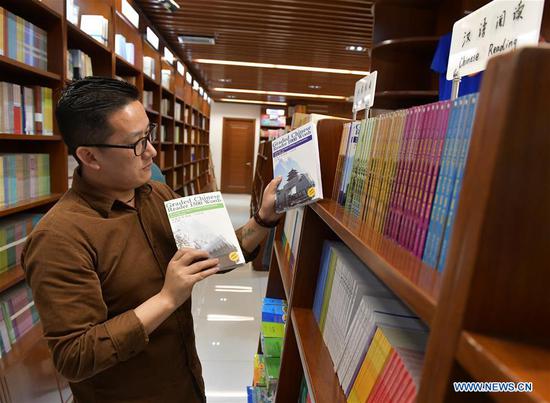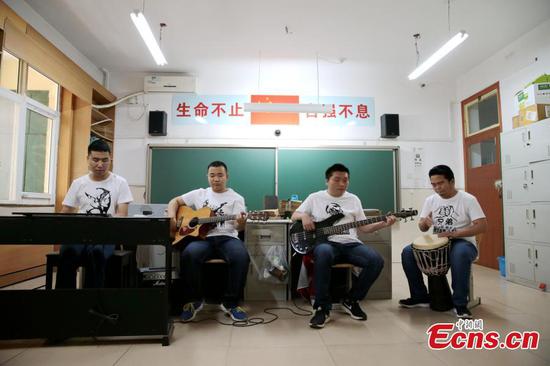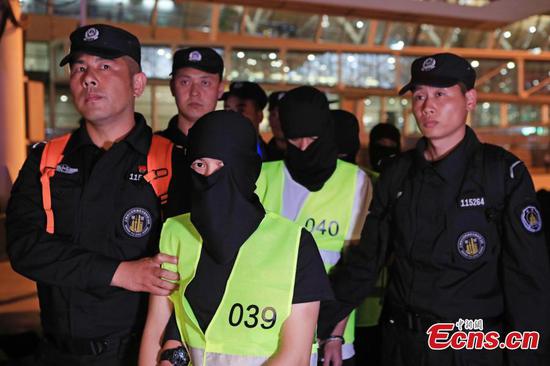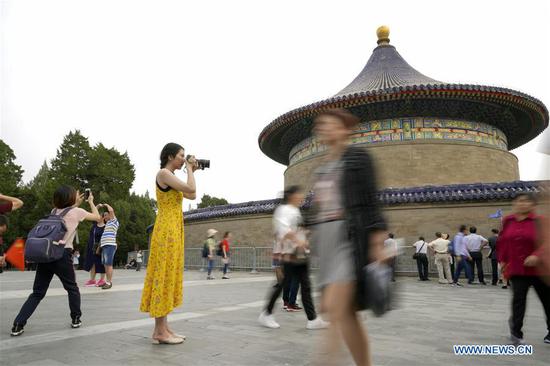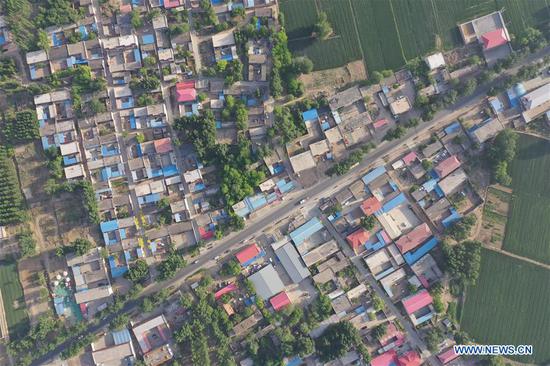Minister: Innovative financial tools, swaps to help tackle growing problem
Local governments will be urged to leverage financial resources for reducing "hidden debt" and make use of market-oriented financial instruments for debt swaps, a senior government official said on Thursday.
In a signed article, Finance Minister Liu Kun said it was imperative to bring down the contingent liabilities of local governments. The minster's comments also marks a change in the government's perception about local government debt. The earlier stance of the ministry was on "controlling the incremental part of the hidden debt", which is usually debt borrowed by State-owned companies and local government financing vehicles, but implicitly guaranteed by the government.
Liu's article was published in Qiushi Journal, a flagship magazine of the Communist Party of China Central Committee. He said more efforts are needed to implement the proactive fiscal policy and boost efficiency this year.
Preventing and defusing local governments' hidden debt risks is key to controlling major risks, he said.
Innovative financial tools will be introduced for debt swaps, and the indebted companies will be allowed to choose the same way, under guidance from the local governments, Liu Shangxi, head of the Chinese Academy of Fiscal Sciences, the Ministry of Finance's think tank, told China Daily.
"The total amount of hidden debt waiting to be swapped has not yet been calculated, as this round of debt swaps will not involve the government's administrative orders, but depends on the market's appetite based on the evaluation of the potential default risks and the companies' solvency," he said.
A possible measure to reduce the hidden debt would be to separate the government-owned assets from that of the companies and let the State-owned businesses run by themselves, said experts close to the matter. This is particularly so for some public and infrastructure construction projects. But it also means that the local governments will not be undertaking the default risks.
Experts said the minister's viewpoint is a signal that the authorities are determined to solve the vexed debt issue with more details set to emerge later and start a national campaign for preventing systemic financial risks, amid rising external trade challenges.
Other measures could include selling part of the State-owned assets, restructuring the State-owned enterprises, or reorganizing projects, said Liu.
China has to walk a fine balance between local government debt management and stable economic growth, especially at a time when trade tensions with the United States have imposed more downward pressure, said economists.
More financial resources and investors will be involved in the debt resolution process, said Qiao Baoyun, head of the Academy of Public Finance and Public Policy at the Central University of Finance and Economics.
The last round of local government debt swaps started in 2015 and ended in August 2018, which saw 14.34 trillion yuan ($2.08 trillion) of local government debt being swapped into bonds.
Local governments are set to face more debt burden in the next three years, as many of the previously issued bonds are set to expire, income from land sales has decreased and interest payments have gone up.














